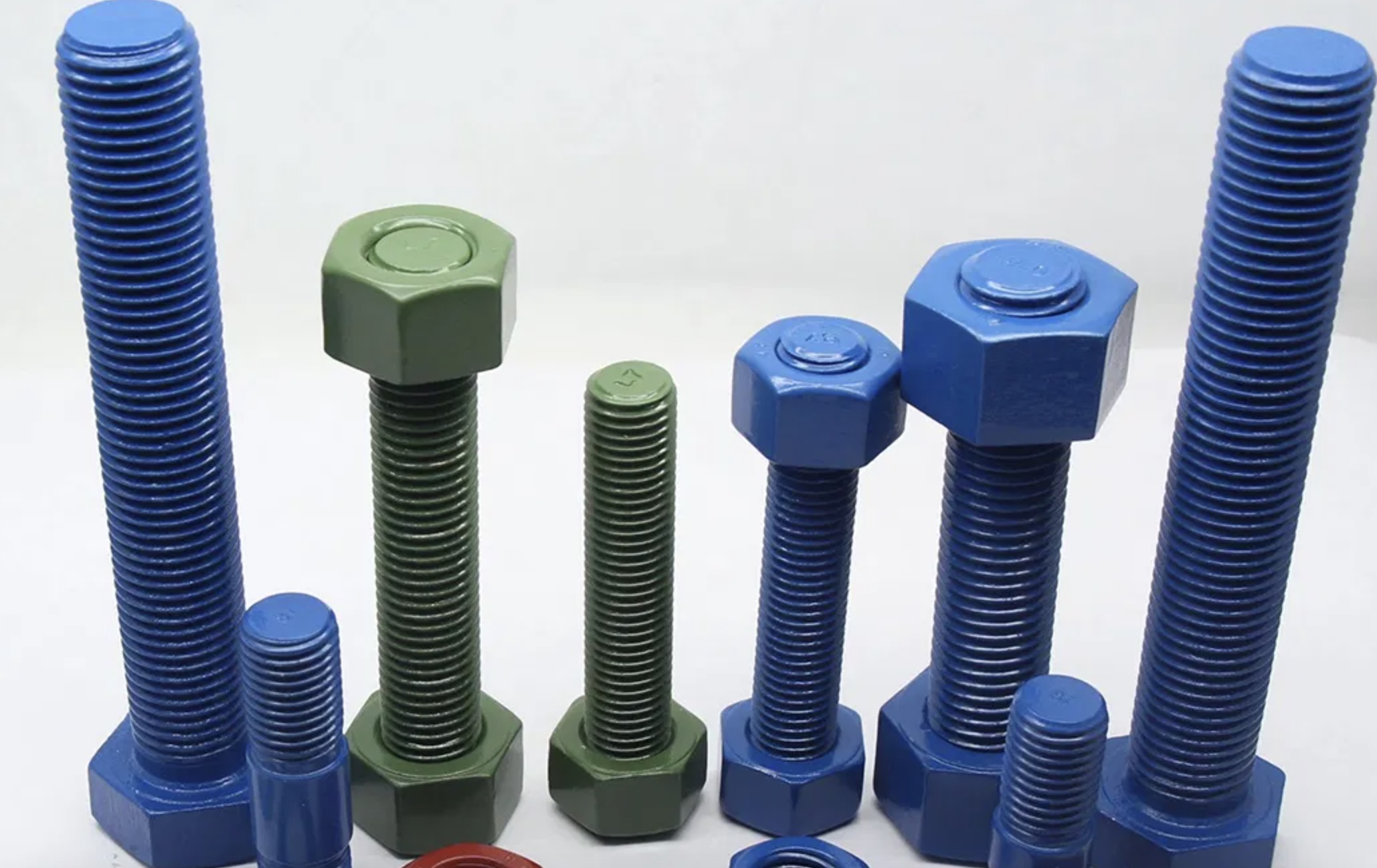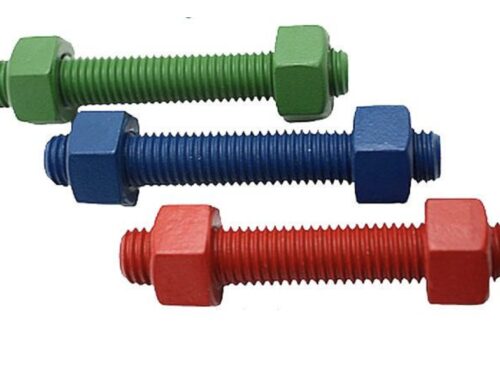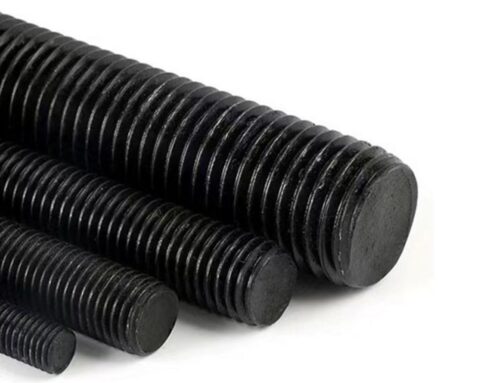Difference between Stud bolt A320 Grade L7 and A320 Grade L7M
When We select the stud bolt materials for low-temperature applications, ASTM A320 Grades L7 and L7M are 2 popular choices.
Both grades A320 Grade L7 vs A320 Grade L7M are designed for bolting in cryogenic or low-temperature environments, such as pipelines, pressure vessels, and industrial facilities. However, they have distinct differences that make each suitable for specific applications.
ASMT A320 specification covers alloy steel bolting materials for pressure vessels, valves, flanges, and fittings for low-temperature service.
chemical composition of ASTM A320 Grade L7 and L7M
The chemical composition of ASTM A320 Grade L7 and L7M are the same,they are a chromium-molybdenum alloy steel, is specified to ensure high performance at low temperatures.
| Element | Composition (%) |
|---|---|
| Carbon (C) | 0.37–0.49 |
| Manganese (Mn) | 0.65–1.10 |
| Phosphorus (P) | 0.035 max |
| Sulfur (S) | 0.040 max |
| Silicon (Si) | 0.15–0.35 |
| Chromium (Cr) | 0.75–1.20 |
| Molybdenum (Mo) | 0.15–0.25 |
Mechanical property of ASTM A320 Grade L7 and L7M
Grade L7 bolts are significantly higher in strength than Grade L7m bolts. ASTM A320 L7M bolts are required to have 100% hardness testing. The final heat-treatment must be performed after machining or rolling of the threads and any type of cutting. This grade is typically used in sour gas applications.
| Grade | Yield, ksi, min | Tensile, ksi, min | Tempering temp, F, min | Hardness, max |
|---|---|---|---|---|
| L7 | 105 | 125 | 1100 | 321 HB/35 HRC |
| L7M | 80 | 100 | 1150 | 235 HB/99 HRB |
Mechanical Properties
- Grade L7: High tensile and yield strength, making it suitable for critical high-pressure applications.
- Grade L7M: Slightly lower strength than L7 due to the focus on ductility and impact toughness. It ensures resistance to hydrogen embrittlement and stress-corrosion cracking.
Hardness Requirements
- L7: Hardness is maintained at a higher level (max. 35 HRC) for strength-critical environments.
- L7M: Hardness is capped at a lower level (max. 22 HRC) to prevent brittle failure and enhance reliability in corrosive settings.
Corrosion Resistance
- L7: Suitable for non-corrosive or mildly corrosive environments.
- L7M: Preferred in more aggressive chemical or saline conditions, such as offshore facilities or refineries.
Common Applications
A320 Grade L7M: Selected for low-temperature and corrosive applications, including subsea pipelines, chemical plants, and hydrogen service applications.
A320 Grade L7: Used in low-temperature but less corrosive conditions, such as gas processing plants and cryogenic systems.
When you make decision between ASTM A320 Grade L7 and L7M stud bolts, consider the environmental conditions and specific application requirements. Grade L7 is ideal for strength and toughness in cryogenic systems, while Grade L7M excels in environments where corrosion resistance and reliability are critical.



